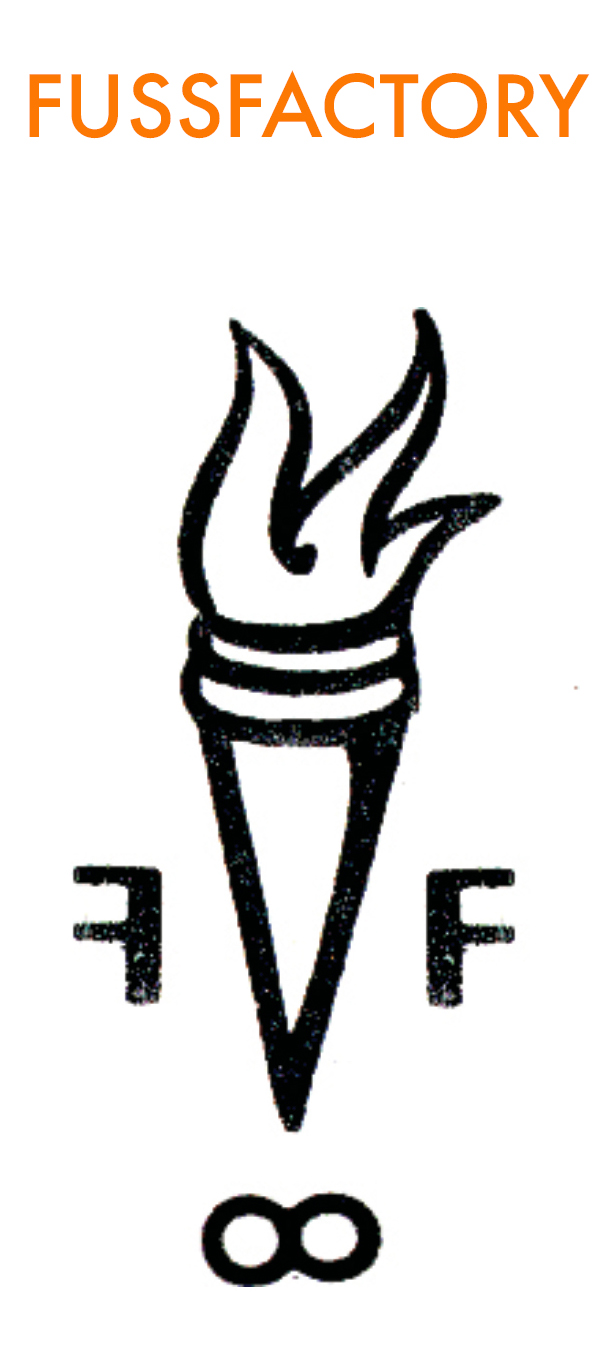One-Word Answer: EXPRESS
A name is a label; an identifier; a shortcut to a broader story. Whether for a company, a product or line extension, a film or series, a play or show, a building, a team, a publication, a podcast, or a whatever, the name declares what it is, who needs it, and why.
The building blocks for creating a name are letters; combinations of which make syllables and words; words that exist in a dictionary … or not. The challenge is to put them together in just the right combination to quickly communicate both the offering and the appropriate vibe.
Super-powerful names or titles squeeze the most meaning, inference, or tone from the fewest possible syllables and/or letters. A good trick for that is starting with existing words with multiple relevant meanings. Like express in the title of this post. Referring to both articulation and speed, the single word express quickly and concisely summarizes the double-duty point of this post: use of precise language instantly clicks with your intended audience.
This is one of the foundational principles in everything that we do at Fussfactory. No Reservations, NPR Extra, At the Fork, Bolster & Bridge — each word carries more than its own weight, communicates another aspect of the offering, offers additional levels of meaning.
A fun challenge I give myself at the beginning of every naming project is to find a single word that packs the most meaning related to the subject at hand. That word may or may not end up in the final name or title, but it’s a fun way to drill into the core elements.
Fussfactory plays with words for a living, but we can all do it for fun!! Starting today, we’re sharing the joy of wordplay on social media with a new series called #PlaysWithWords. Every Wednesday, we’ll post a mind game involving some kind of wordplay. Later that same day, we'll post the answer on our IG feed.
We’re going to start the series with words that have more than one meaning. These types of words are called homophones, homographs, and homonyms. [Not that it matters what they are called, really. But it’s fun to know that there are names for all the kinds of words!]
The word homophone describes words that are pronounced the same though they have different meanings — homo is Latin for same, phone refers to sound — e.g., to, two, too. The word homograph describes words that are spelled the same and have different meanings but are pronounced differently — graph refers to the drawn or written — e.g., long-e-sound lead meaning to be out in front, and, short-e-sound lead, a metal; or short-i-sound wind referring to a gust of air, or long-i-sound wind, to make one’s way on a circuitous path, or how one charges an old-school timepiece.
And then there is the highly controversial [not really] homonym — onym refers to the word or name itself. By the original definition, a homonym must have two different meanings, and also check both boxes, homophone and homograph — sound the same and spelled the same [e.g., Reservations, Bolster, Extra].
However, time erodes precision in the vocabulary arts. Many linguistic resources now use homonym as an umbrella category for words that share either spelling [homograph] or pronunciation [homophone]. If the word homonym comes to mean either, then we lose the specificity to describe a word that is both. End of the world? Probably not; a case can be made that it doesn’t matter what the words are called. [Though I do wonder about the slippery slope of it all, since strict-definition homonyms are one of the most powerful tools for developing deep, layered names. The irony of not having a name for that is troubling.]
Doomsday prognostications aside, the game is on! [Are you game ;-)] Find it here @fussfactorybrands.


